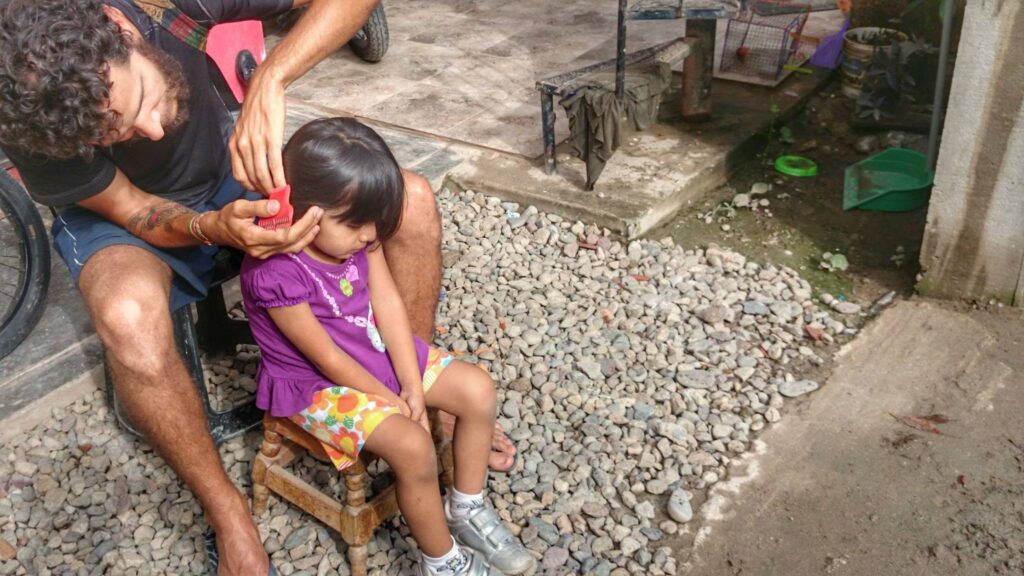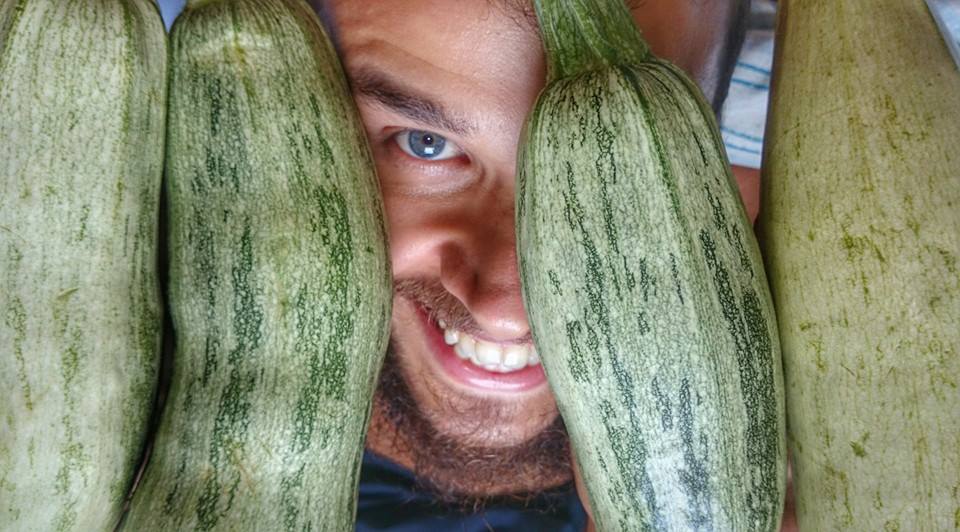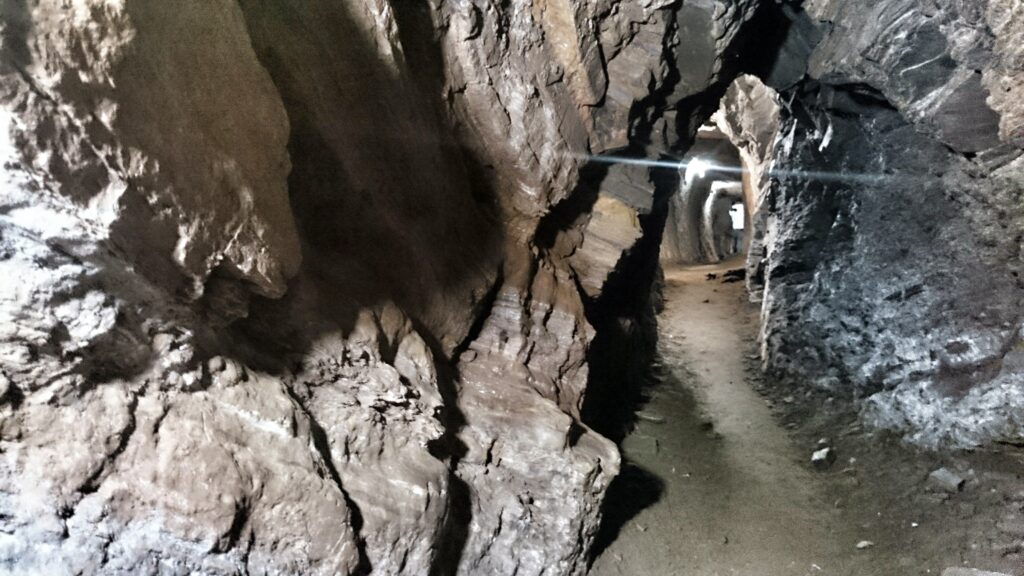In the daily harvest of tomatoes,
little tomatoes,
heart-shaped tomatoes.
Na colheita diária
de tomate tomatinho
tomate coraçãozinho

Air Fiesta Books Bragging Building in Public Cycling Food for thought Funny Games Interviews Love Lucid Dreaming Mental Health Movies Open Goals Poetry Productivity Quotes Ranting Smart Keys Sustainability Techy Travel Youper
In the daily harvest of tomatoes,
little tomatoes,
heart-shaped tomatoes.
Na colheita diária
de tomate tomatinho
tomate coraçãozinho

I built an opinion
from TV reports
while sitting on a comfortable couch,
throwing out clever lines
triggered by nothing more
than a raised eyebrow.
Then I heard other people
repeating the same rehearsed phrases,
and it hit me,
those thoughts weren’t mine.
It hurt.
So I went quiet
and started rebuilding.
I learned an opinion
is never finished,
and touching it
is always painful,
especially on mornings
like this one,
reading the brutal map
of incarceration in Brazil,
letting the discomfort
do its work.

Where I was born, I learned to fish with a very special net.
It was my digital net, cast into a virtual sea.
Ten years learning, fishing, sometimes even teaching,
enough stories to fill a small boat.
Then I realized I had been living on an island.
So I took my little boat and rowed far across that sea.
I found a massive continent,
analog and real, sometimes surreal.
My boat made no sense in all that land.
So I kept walking, looking for people
to tell my stories to,
but no one understood the way I fished.
I walked until I found a river, ready to show them.
But my digital net didn’t work there,
no electricity in sight.
I didn’t eat for a while.
I got thinner.
And I learned.
I learned to eat fruit.
And maybe that’s how I grew,
switching nets, switching worlds,
combing someone else’s hair on a rocky floor.

Passing through your timeline today,
the Zucchini Man
grown with lots of love
and watered by the fresh springs
of the Low Valley of Ratones.
Enjoy.
Carbon Credit, Water Credit
Dignity Credit, Blood Credit
In your digital hand lies a mineral
that passed through an analog hand,
sweaty, calloused, childish.
Can your virtual finger do anything about it?
